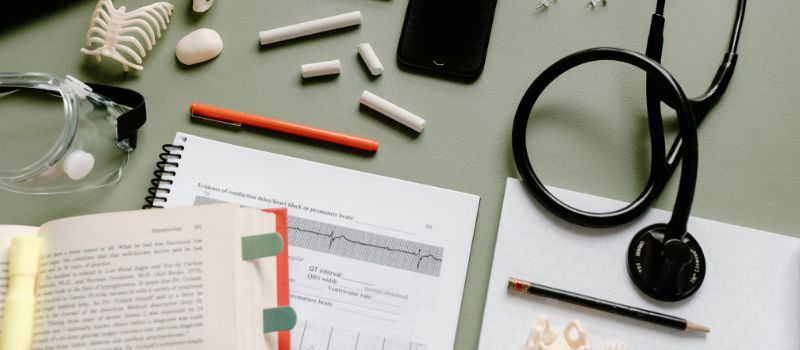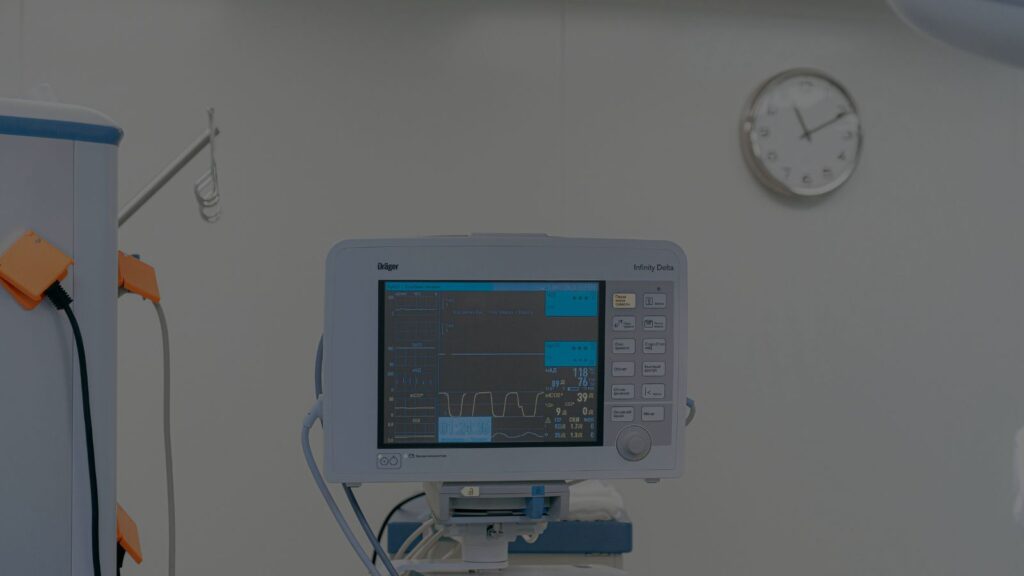Rule on Sales Tax for Medical Resources
Qualifying Medical Appliances
- Prescription medicines and nonprescription items claimed to have medicinal value, such as:
- Aspirin
- Cough medicine
- Medicated hand lotion
- Excluding grooming and hygiene products
- Prescription and nonprescription medical appliances that directly replace a malfunctioning part of the human body, such as:
- Corrective eyewear
- Contact lenses
- Prostheses
- Insulin syringes
- Dentures

Audit Challenges
This is where the problem starts on an audit: The doctor’s office buys supplies from an out-of-state vendor and does not pay sales tax, thinking that the appliances purchased are all qualifying medical appliances.
This is not always true. For example:
- If a Cardiologist purchases a treadmill to help perform tests for their patients,
→ That is fully taxable.
Professional Support
Contact our firm to discuss your audit and your duties to report sales and/or use tax in Illinois.
Frequently Asked Questions
What types of medical resources are exempt from sales tax in Illinois?
Medical appliances that directly replace a malfunctioning part of the human body, such as prostheses, corrective eyewear, contact lenses, insulin syringes, and dentures, are typically exempt from sales tax. Prescription medicines and some nonprescription items with medicinal claims, like aspirin and cough medicine, also qualify.
Are over-the-counter (OTC) medical products always tax-exempt?
No, not all OTC products are tax-exempt. Only those that have a legitimate medicinal purpose, such as medicated hand lotion, may qualify. Grooming and hygiene products, even if sold in a pharmacy, generally remain taxable.
Why do medical offices often face sales tax issues during audits?
Audit issues arise when medical offices mistakenly believe that all their purchases are tax-exempt. For example, equipment like treadmills used in diagnostic procedures is fully taxable, even if purchased by a medical professional.
What should medical professionals consider before making tax-exempt purchases?
Medical professionals should verify whether each item qualifies for a sales tax exemption. Items directly related to replacing human body functions typically qualify, but general medical equipment and certain supplies do not.
Who can help clarify Illinois sales and use tax obligations for medical practices?
Contacting a tax attorney or a specialized firm like Mansoor Ansari, J.D., LL.M. (TAX), can provide professional guidance on navigating audits and understanding reporting obligations related to sales and use tax.

